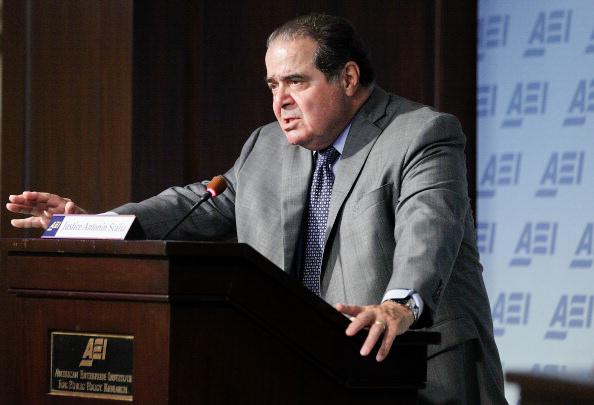It is a simple truth that death and time often alter our opinions of the deceased.
His political opponents and many in the press maligned Abraham Lincoln during his time at the helm of government, yet today he is regarded as one of the presidential greats. During his presidency, Ronald Reagan experienced a constant barrage of criticism blasting him, for instance, for his “Star Wars” policy, but he is now credited as a prime mover in the downfall of the Soviet Union. Abigail Adams is better known and more celebrated for her character and accomplishments in our day than in her own. Emily Dickinson lived her entire life in obscurity in Amherst, Massachusetts, yet has long been considered one of America’s greatest poets.






